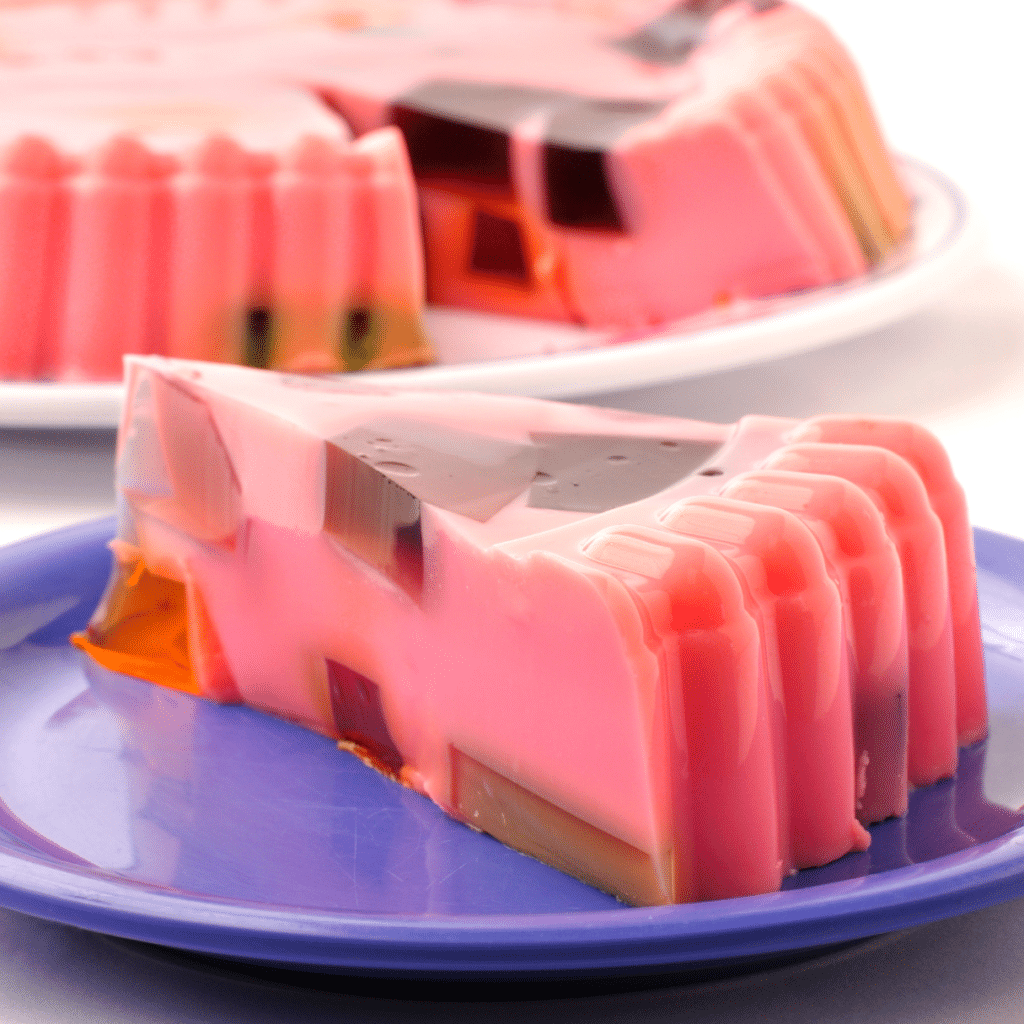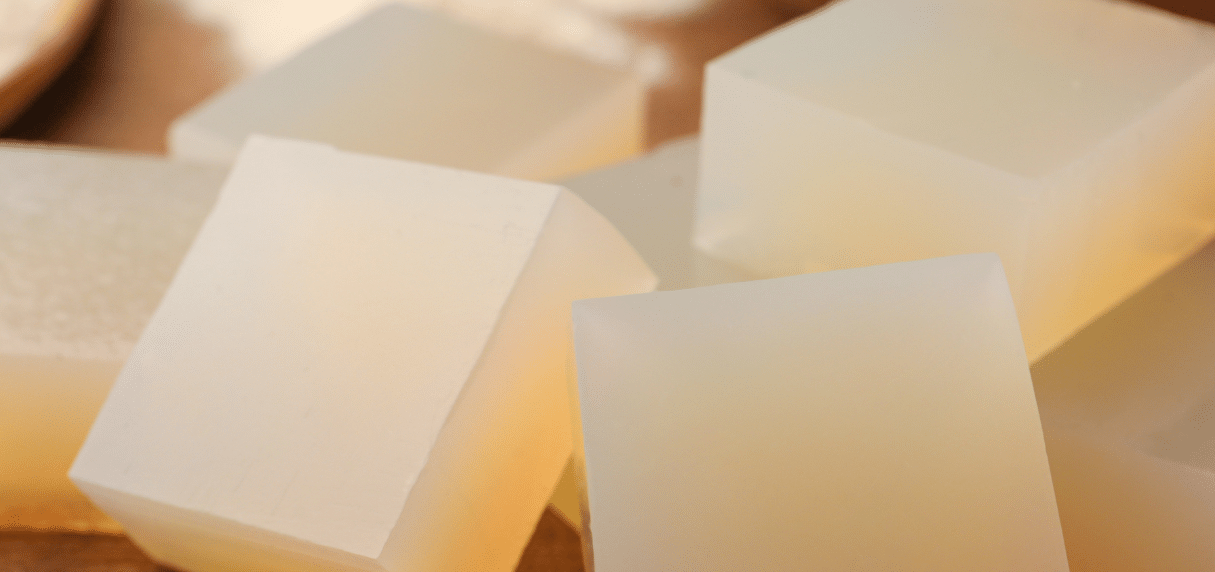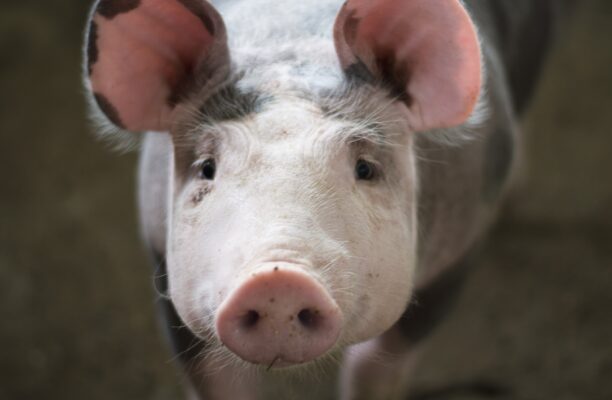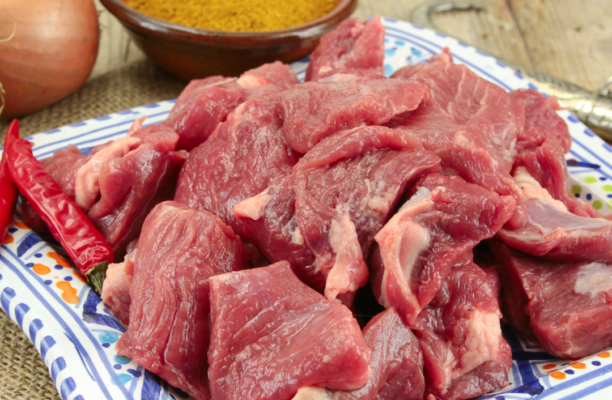Halal gelatin has been gaining significant attention in recent years as the demand for halal products from consumers continues to surge worldwide. This alternative to conventional gelatin has piqued the interest of Muslim consumers seeking halal-certified ingredients and halal gelatin products. In this blog post, we will delve into the intricacies of halal gelatin, addressing its composition, production, and the reasons behind its growing popularity.
As the global market for halal products expands, the significance of halal gelatine in catering to the dietary requirements of diverse consumer demographics cannot be overstated. Its emergence as a viable halal-certified substitute for traditional gelatin has sparked considerable curiosity and discussion. This post aims to provide a comprehensive understanding of what halal gelatin is and its relevance in today’s market.
Throughout this post, we will explore the composition and production methods of halal gelatin, shedding light on its distinct qualities and the processes involved in ensuring its compliance with halal standards. Additionally, we will examine the reasons driving the escalating preference for halal gelatin, elucidating its value and significance in various industries.
What is Gelatin?
Gelatin is a protein derived from collagen, typically obtained from animal by-products. It is commonly used in food production as a gelling agent, giving foods like gummy candies, marshmallows, ice cream, and a large number of desserts their unique texture. Due to its versatile properties, gelatin is also used in pharmaceuticals, cosmetics, and photography. Excitingly, gelatin is a key ingredient in many popular treats, allowing you to enjoy that satisfying chewy texture in your favorite snacks and desserts. Some types of gelatin are:

What is Gelatin Made of?
Gelatine is a protein obtained by boiling skin, tendons, ligaments, and bones in water. It is usually derived from pigs or cows, although there are also alternative sources such as fish and plant-based gelatine. The collagen extracted from these animal parts is processed and dried, resulting in the creation of the translucent, flavorless substance known as gelatine. This versatile ingredient is commonly used in food and pharmaceutical products, and it’s an essential component in various desserts, marshmallows, gummy candies, and even some types of yogurt.
What is Halal Gelatin?
Halal gelatin refers to a type of gelatin that adheres to Islamic dietary laws. Its production and certification must comply with specific religious standards to be considered permissible according to Islamic principles. This includes the sourcing of raw materials from halal sources, such as specific types of fish, animal bones, cattle bones, and animal tissue… while adhering to halal processing methods. These methods must guarantee the absence of any non-halal elements throughout the production process that the traditional gelatin includes such as pig skin, pig bones, and any pig products, haram substances, and animal products that are not slaughtered the Islamic way.
Sources of Halal Gelatin
Common sources of halal gelatin include fish, bovine, plants, and poultry. These sources are considered permissible for consumption within the halal dietary guidelines, as they meet the requirements outlined by Islamic dietary laws. The suitability of these sources is determined by their adherence to halal practices from sourcing to processing.
Differences from Traditional Gelatin
The key differences between halal gelatin and traditional gelatin lie in their sourcing and processing methods. Halal gelatin strictly adheres to Islamic dietary laws from the initial sourcing of raw materials to the final processing stage, ensuring compliance with halal standards. This contrasts with traditional gelatin, which may not adhere to these specific requirements, thereby impacting its suitability for individuals adhering to halal dietary and religious preferences. For example, the animals used to produce gelatine must be slaughtered according to Islamic law. You can find more information about Halal slaughter here.

What are the Benefits of Eating Halal Gelatin?
When it comes to consuming halal gelatin, there are several potential benefits that make it an attractive choice for many individuals. Below, we’ll delve into the advantages of incorporating halal gelatin into your diet.
Nutritional Value
Halal gelatin is a rich source of protein, which is essential for various bodily functions. It contains important amino acids that contribute to the growth and repair of tissues, making it particularly beneficial for muscle health. Additionally, halal gelatin is low in fat, making it a healthy protein alternative.
Digestive Health
Consuming halal gelatin may support digestive health. The gelatin has a soothing effect on the digestive tract and can aid in the treatment of various gastrointestinal issues. Its properties may help to improve the lining of the stomach and digestive system, promoting overall gut health.
Joint and Bone Health
The collagen present in halal gelatin is known for its potential to improve joint and bone health. Regular consumption of halal gelatin may contribute to the maintenance and repair of cartilage and bone tissues, potentially reducing the risk of conditions such as arthritis and osteoporosis.
Skin and Hair Benefits
The collagen in halal gelatin plays a crucial role in maintaining the elasticity and strength of the skin. It may help to reduce the appearance of wrinkles and promote healthier, more vibrant skin. Furthermore, the protein content in halal gelatin can benefit the growth and strength of hair and nails.
Dietary Restrictions
For individuals following a halal diet lifestyle, halal gelatin offers a way to enjoy gelatin-based products while adhering to their dietary beliefs. It provides a permissible alternative to conventional gelatin derived from non-halal sources, allowing individuals to maintain their religious dietary practices.
How to Recognize Halal Gelatin?
When it comes to identifying halal gelatin, it’s essential to look for specific labels and certifications that indicate the product’s compliance with Islamic dietary guidelines. Here’s how to recognize halal gelatin:

Understanding Halal Certification
Halal gelatin manufacturers often obtain certification from recognized Islamic authorities. Look for symbols or labels from well-known certification bodies, such as the Islamic Food and Nutrition Council of America (IFANCA) or the Halal Food Authority (HFA). These certifications ensure that the gelatin has been sourced and processed according to halal standards.
Checking Product Labels
When purchasing gelatin products, carefully read the packaging labels for any indication of halal certification. Some manufacturers clearly display halal symbols or statements on their products, making it easier for consumers to identify halal gelatin.
Researching Manufacturers
Before purchasing gelatin products, consider researching the manufacturers to determine if they have official halal certifications. Many reputable companies provide detailed information about their sourcing and manufacturing processes, offering transparency to consumers seeking halal-friendly options.
Seeking Guidance from Islamic Scholars
If there is uncertainty about the halal status of a gelatin product, consider seeking guidance from Islamic scholars or local religious authorities. They can provide valuable insights and recommendations based on religious dietary laws and principles.
By familiarizing yourself with these methods for recognizing halal gelatin, you can make informed choices when selecting gelatin products that align with halal dietary requirements.

Pharmaceutical and Cosmetic Uses
In addition to the food industry, halal gelatin plays a critical role in pharmaceutical capsules, supplements, and cosmetic formulations. The demand for halal-compliant ingredients in these sectors has fueled the integration of halal gelatin, aligning with the preferences of consumers who prioritize the use of halal-certified products. Its incorporation in pharmaceutical and cosmetic applications reflects the industry’s responsiveness to diverse consumer needs, thereby reinforcing the versatility and relevance of halal gelatin beyond the realm of food products.
Conclusion
As technology and innovation continue to drive advancements in halal gelatin production, the future looks promising for this specialized ingredient. Consumers can expect a wider array of halal-certified options, further enriching their choices and enhancing inclusivity in the market.
In conclusion, halal gelatin serves as a testament to the ever-evolving landscape of consumer preferences and dietary requirements. Its relevance and significance will only continue to grow, reinforcing the need for inclusive and diverse product offerings in the global marketplace.
If you are interested in teaching Quran online or want to learn Quran online join us today by sending us an email on our contact form!



